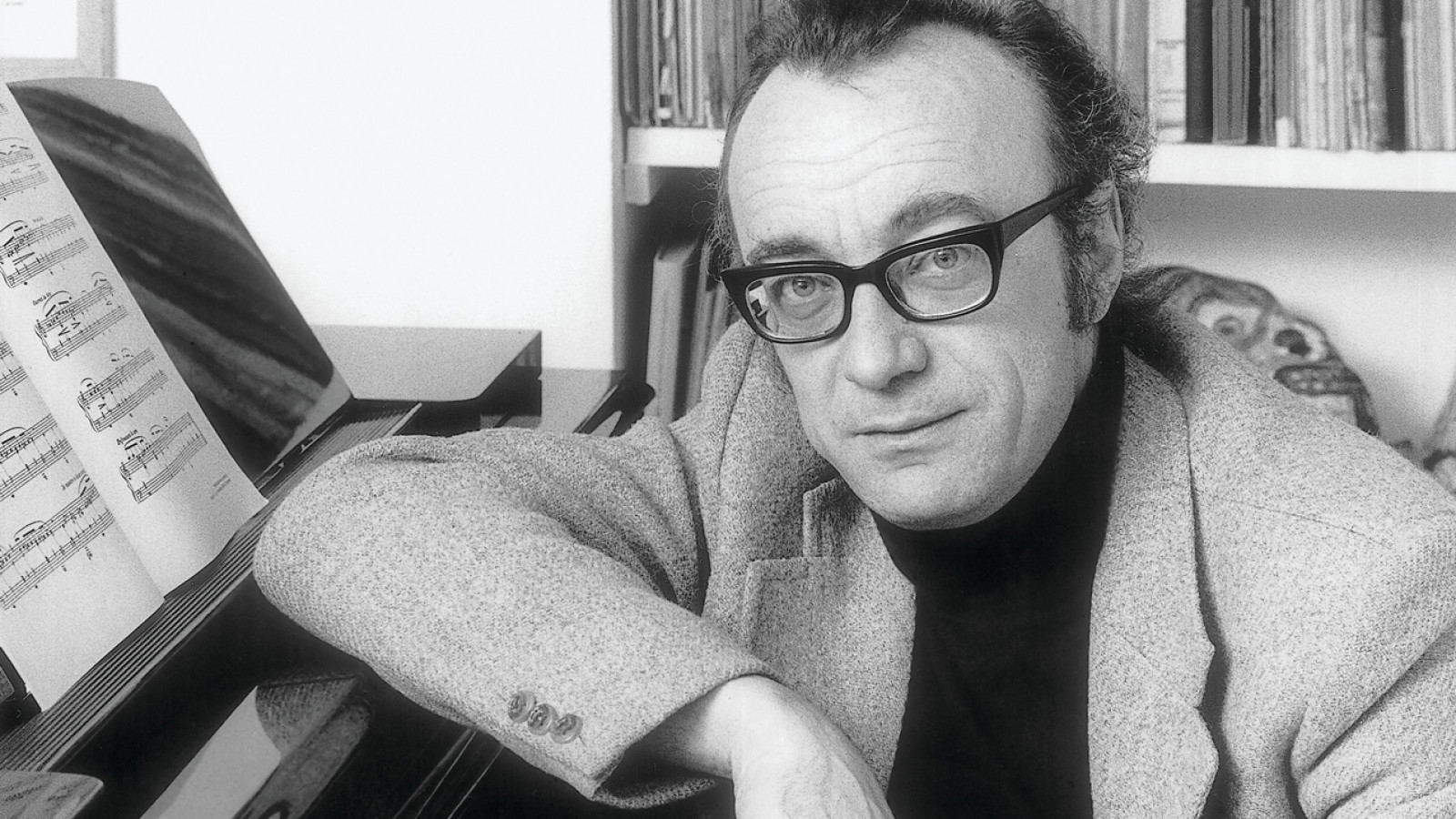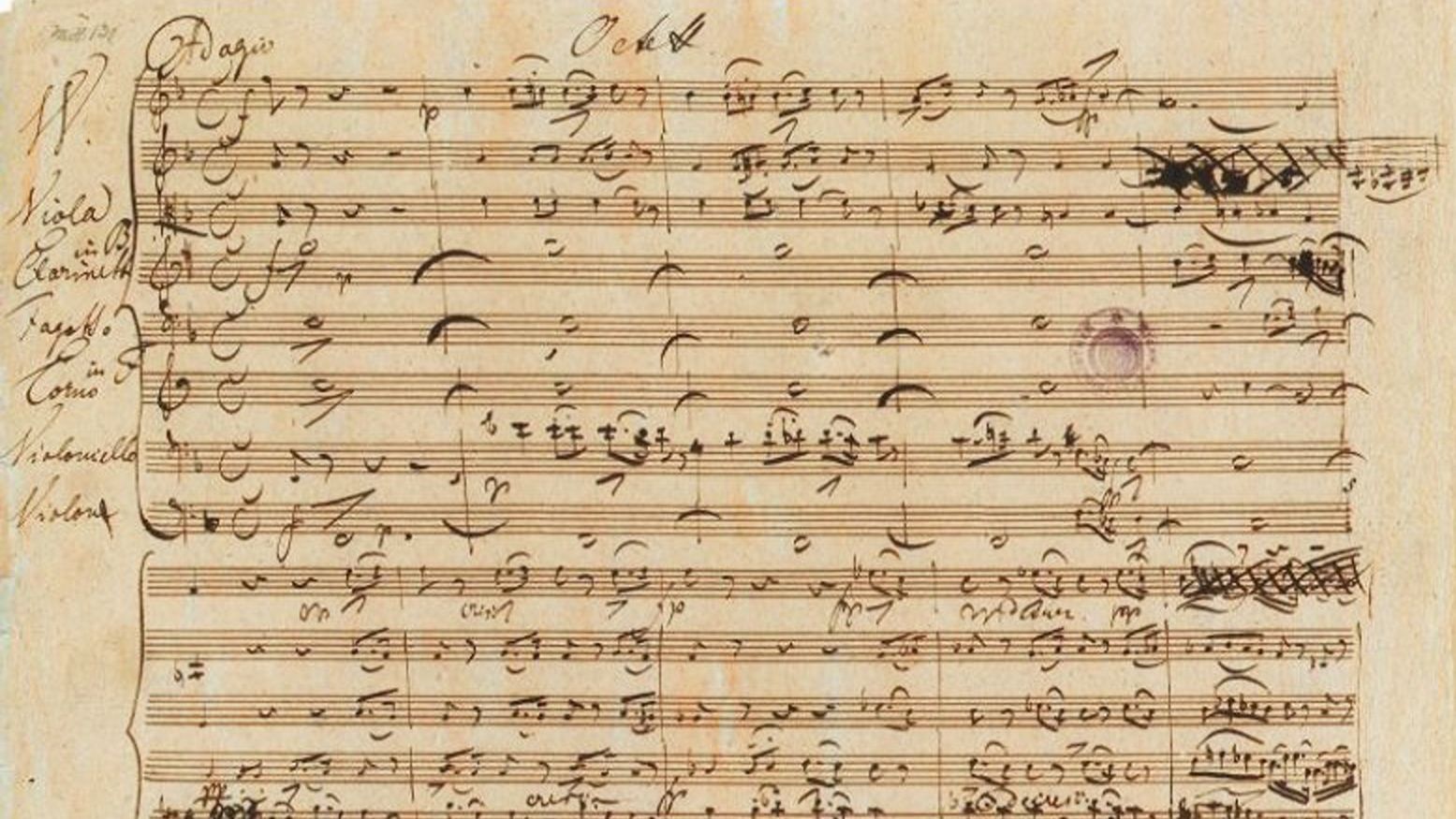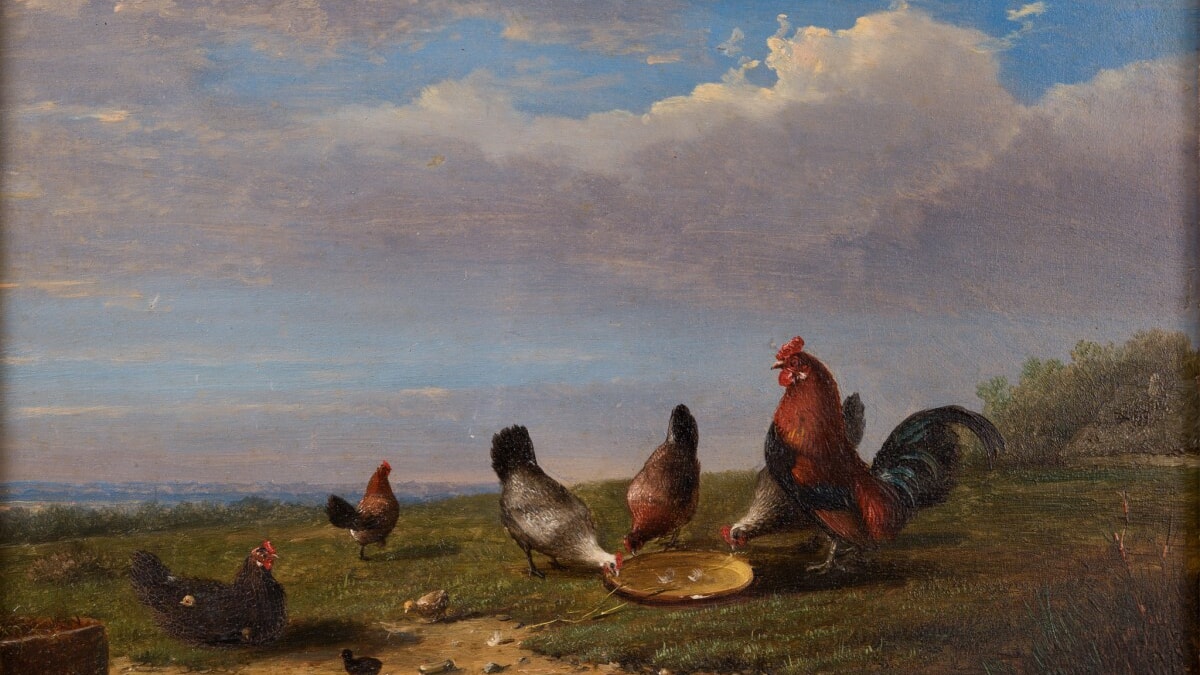Remembering Alfred Brendel
Alfred Brendel, the Czech-born Austrian pianist, writer, composer, and lecturer, passed away on Tuesday (June 17) at his home in London. He was 94. Largely self-taught after the age of 16, Brendel followed a unique path to the top. As a teenager, he was already an author and an exhibited painter. At the age of 14, in the final days of the Second World War, he dug trenches in Yugoslavia. In 1949 …







